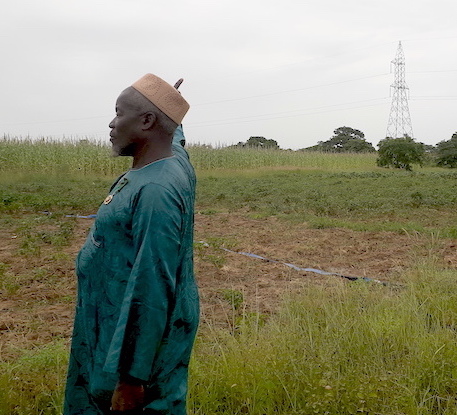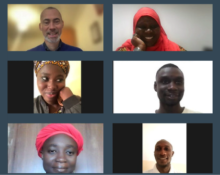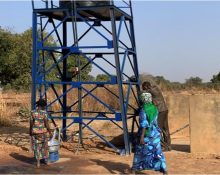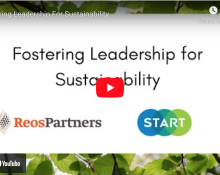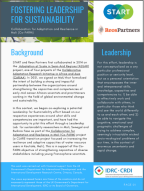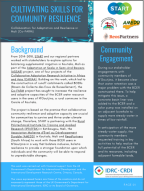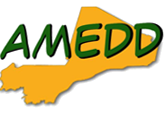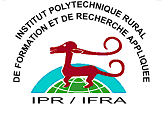Access to sustainable water resources is essential for current and future livelihoods and food security. From 2014-2018, START and our regional partners worked with stakeholders to explore options for bolstering supplemental irrigation in Koutiala, Mali as part of the Adaptation at Scale in Semi-Arid Regions (ASSAR) project, one of four projects of the Collaborative Adaptation Research Initiative in Africa and Asia (CARIAA). As part of the ASSAR work, an exchange visit was held between stakeholders in Koutiala and Burkina Faso focused on runoff catchments called BCERs (Bassin de Collecte des Eaux de Ruissellement). Valuing the potential for such catchments in Koutiala, two BCERs were constructed in 2018 in the district to test their use for irrigation.
Today, START is partnering with scientists and practitioners from the Rural Polytechnical Institute for Training and Applied Research (IPR/IFRA) in Katibougou, Mali, the Association Malienne d’Éveil au Développement Durable (AMEDD) in Koutiala, Mali, the Université Nationale d’Agriculture in Benin and ReosPartners (South Africa) on the Collaboration For Adaptation and Resilience in Mali (Co-FARM) project to reconvene stakeholders and key development partners around the shared use of the BCER resources. The main objective of this 15-month project is to increase the resilience and adaptive capacities of the BCER water resource users in Koutiala.
Further, the project aims to:
- Co-produce, with stakeholders in Koutiala, a strategy for the sustainable use and governance of BCER irrigation facilities
- Co-facilitate the implementation of the shared use and management strategy of the BCER resources
- Strengthen capacities of diverse stakeholders including young Francophone scientists
- Document the engagement process and derive lessons to inform community-driven climate initiatives in Mali and across Africa.

